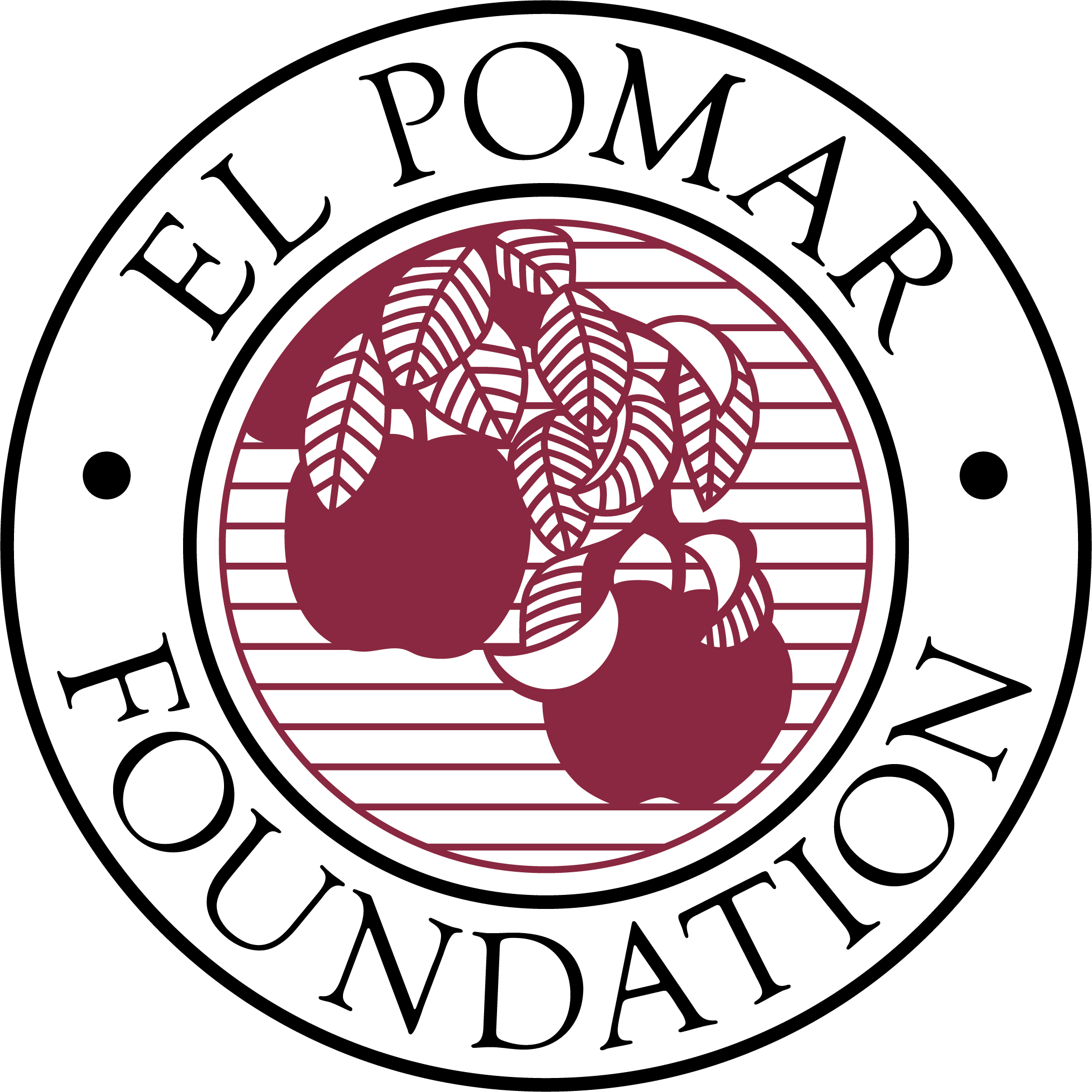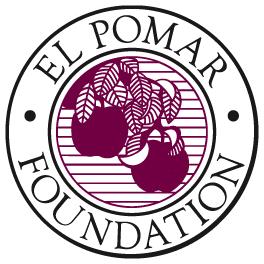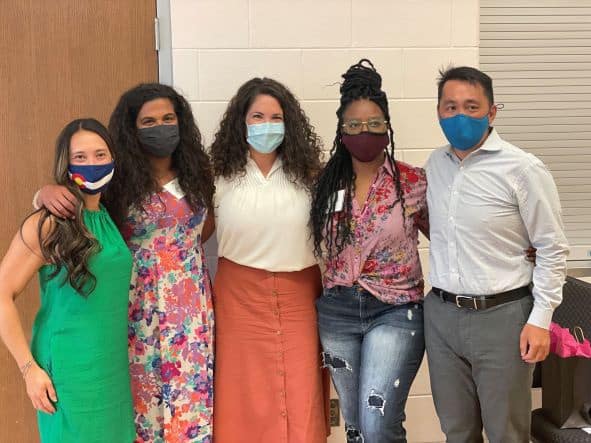Pikes Peak Heritage Series Hosts Equity and Inclusion in the Outdoors Panel Discussion
In honor of National Hiking Day on November 17th, we highlight the August event hosted by Pikes Peak Heritage Series: Equity and Inclusion in the Outdoors Panel Discussion.
“How often can someone from Southeast [Colorado Springs] get to the greener spaces on the West or North side of town?” Patricia Cameron, founder of Blackpackers, rhetorically asked the audience at El Pomar’s Pikes Peak Heritage Series “Equity and Inclusion in the Outdoors” event last August. “I ride my bike from Chelton and Academy to the West side of Colorado Springs and I can see it get greener as I go. The trails and access change.”
El Pomar’s Pikes Peak Heritage Series convened Cameron and other expert community leaders to discuss discrepancies in access to the outdoors and their work to make outdoor spaces more equitable for all Coloradans. Other panelists included Crystal Egli, Inclusive Journeys; Mitsu Iwasaki, American Alpine Club; and Jackie Miller, Great Outdoors Colorado. The panel discussion was moderated by Mina Liebert, Director of Community Impact for Pikes Peak Community Foundation.
In addition to inequitable distribution of green spaces, the panel also discussed financial barriers to accessing the outdoors. “I like to talk about access in terms of generational wealth,” Cameron said, referencing statistics that report household net worth for white families as being five times and eight times higher than Latino and Black households, respectively.[1] “When families of color have less access to generational wealth, their ability to spend money and time enjoying the outdoors is greatly reduced.”
In a 16-episode series in which she filmed herself hunting, Crystal Egli, a Black woman and marketing specialist for a public land conservation organization as well as co-founder of Inclusive Journeys, intentionally did not talk about race. Yet the most common complaint about the show was that she focused too much on race. This response, Egli says, comes from the expectation of “white as the default, white as the presumption of belonging.” Such an expectation, she says, makes her feel unwelcome and, at times, unsafe simply existing in many outdoor spaces.
Iwasaki and his colleagues are actively challenging what he refers to as an expectation of assimilation in the outdoors, or that “presumption of belonging” referenced by other panelists. “Instead of asking ourselves, ‘How do we get to a more inclusive outdoors?’ at the American Alpine Club we’re asking ourselves, ‘What happened? Why does the outdoors not reflect the population?’” This prepares the organization to challenge and address inequities rather than accepting them as the way things are.
All panelists underscored the importance of addressing historical and contemporary injustices that have created discrepancies in access to the outdoors. That process, Miller says, is not always going to be pretty. Great Outdoors Colorado’s effort “was not graceful all the time, it was not perfect, it was clunky sometimes, but in the end the results have proven to be really successful.” She also noted, “To date we’ve committed $50 million to fueling a statewide network to allow local communities to identify local barriers to the outdoors and come up with community-identified solutions to those barriers.”
The discussion of equity in the outdoors can be uncomfortable and painful, but the learning and healing from each conversation is necessary to move forward, to improve access to green spaces on the Southeast side of town, to give families with less wealth the opportunity to get outside and to challenge the expectation of “white as the default,” in the outdoors and beyond.
A full recording of the panel discussion can be viewed here.



